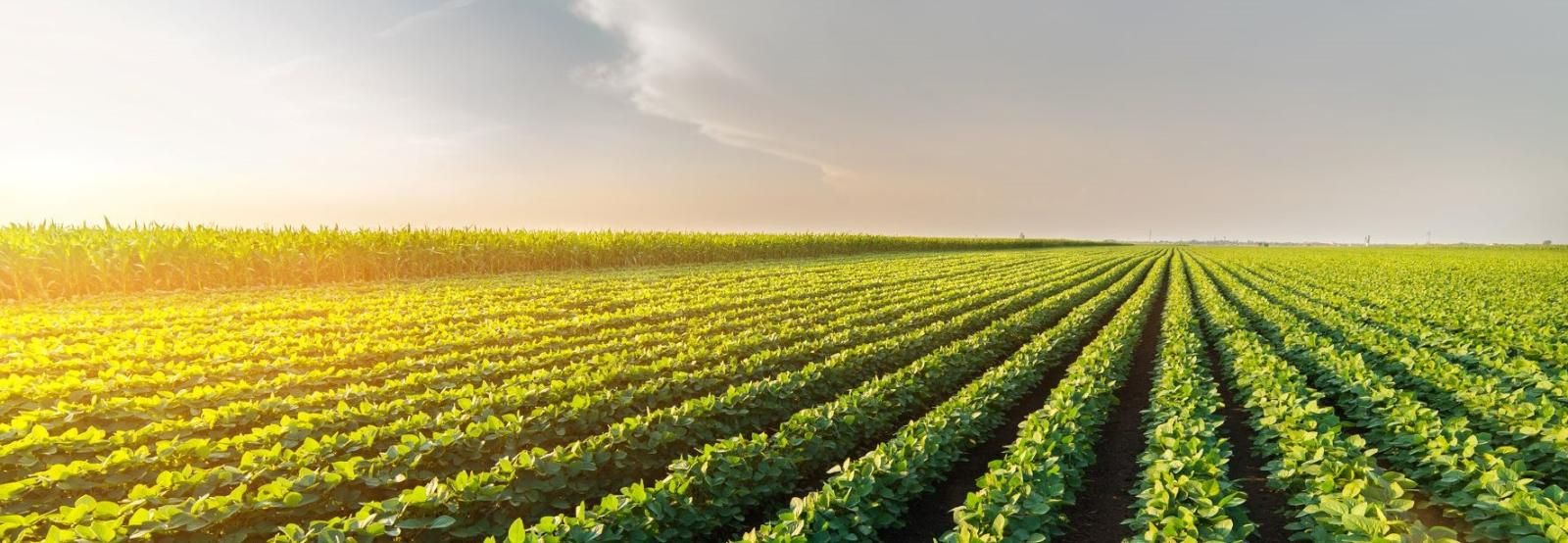
Growing relationships with ag's next generation of leaders
The Nutrien Advisor Program partners with the University of Illinois Urbana-Champaign to mentor students and engage in research.
Investing in the next generation of agronomy professionals is crucial to keep our industry moving forward. That’s why the agronomy team, led by Paul Bonnett, Senior Director of Agronomic Solutions has started the Nutrien Advisor Program. The program partners with the University of Illinois Urbana-Champaign, located in Champaign, Illinois in the US, and will give employees a chance to teach classes, mentor students and participate in research with students as well as faculty.
Two employees, Bill Northcott, Computational Science Fellow for Agricultural Systems, and Keyvan Malek, Principal Data Scientist, have become adjunct professors through the program. This will allow them to continue their day-to-day work while collaborating with the university to solve problems faced by our growers and develop a talent pipeline for new graduates to join Nutrien.
“This partnership with the university is a really great experience not only for attracting future talent to our organization, but to give our employees a chance to interact with the next generation of agriculture professionals and begin to grow relationships with them,” Paul says.
Meet Bill
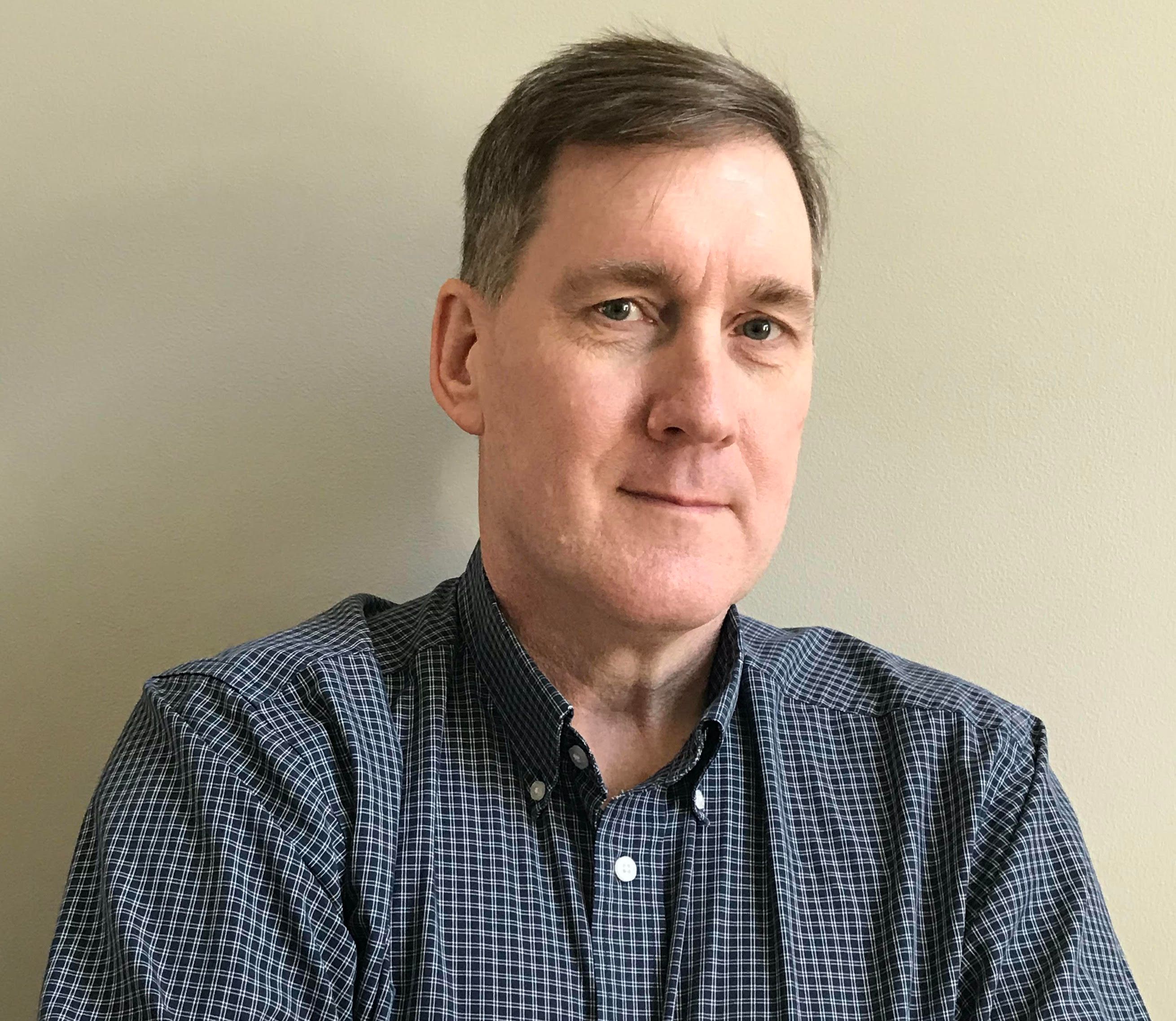
Bill has been with Nutrien for almost four years now, but he’s been involved in agriculture for more than 30 years. Bill was born and raised in an agricultural area of Illinois and now owns and helps manage a 500-acre farm that has been in his family for 160 years.
“Agriculture has always been part of my life. It’s just part of who I am,” Bill says.
After high school, Bill decided to continue his education by pursuing further education in agronomy and soil science. From there, Bill decided to get his PhD in agriculture.
Bill then became a professor of Agricultural and Biological Engineering at Michigan State University, but after 12 years in the classroom, he decided to move into agricultural consulting where he worked on environmental research related to herbicides and pesticides. During his consulting years, Bill started developing technologies that he thought would be useful for growers.
“I like creating new tools – that’s what I like to do,” Bill says. “Creating new tools that will help the business, our consultants and our growers is something that I get really excited about.”
Realizing his passion for developing new tools for growers, Bill left the consulting world and started his own company, Agrible. That enabled him to focus on designing technologies and tools, such as the Pocket Rain Gauge, that would assist growers with field planning. Nutrien eventually bought the company and Bill joined the organization to help integrate Agrible into the digital platforms offered here.
Nowadays, you’ll find Bill working on various projects mostly related to sustainability, the Carbon Program and creating digital tools for making fertilizer recommendations. He spends his days doing computer modeling, analyzing data, fixing bugs, obtaining validation data and meeting with various colleagues throughout the business.
Becoming an adjunct professor with the University of Illinois Urbana-Champaign will not only allow Bill to be able to interact with students again – which was his favorite part of being a professor – but it will be a homecoming for him as he is an alum of the university.
“It’s nice to be able to come in and be an adjunct in the place where I was a student around 30 years ago. This position will give me the opportunity to work in the university a bit and be able to do research with university folks and advise graduate students for their thesis,” Bill says. “It’ll give me exposure to students to start developing a pipeline of well-trained students to come and work for Nutrien. It will also be great to have this partnership with the university to be able to take research problems that we’re dealing with at Nutrien and be able to have academics help us out with finding practical solutions that we can publish academic papers about.”
Meet Keyvan
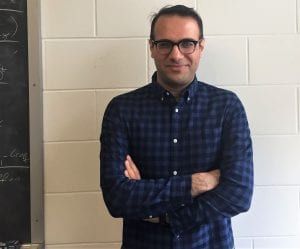
Keyvan, who joined Nutrien in April of 2021, had never imagined a career in agriculture as a teenager, but after several research projects over the past two decades, he realized he had found his calling in the ag industry and has never looked back.
He attended college in Iran and obtained his undergraduate and master’s degrees in agricultural engineering. Keyvan came to the US to pursue his PhD and arrived at Washington State University 11 years ago. After completing his PhD, Keyvan spent the next five years participating in various research projects related to agriculture, irrigation, and water resources engineering at Washington State and Cornell University.
Keyvan’s current role deals more with digital agriculture where he has been able to work in multiple fields of computational agriculture, soil science, and statistics. He has also been working on topics related to decision making where data isn’t always available, and conditions are difficult to predict.
“People not involved with agriculture would be surprised to find out that it’s a complex, highly non-linear system and to understand it, we always need to use cutting-edge mathematical and statistical tools. This is a system that has a non-linear relationship with soil, water availability, climate, macronutrients, micronutrients, soil microbes, crop biophysical characteristics, genetics, farm management and many other factors,” Keyvan says. “Also, there is always missing information and uncertainty that makes the problem more complicated. Agriculture truly deserves to replace the word “rocket” in the expression ‘not rocket science.’ That’s what I love about this research area.”
While Keyvan has worked with students and been a lecturer in the past during his time at Washington State University and Cornell, this will be his first time as an adjunct professor. He’s hoping to teach a class about agricultural decision making under uncertainty where they will learn about different decision making paradigms, agricultural models, efficient use of ag datasets, uncertainty characterization and optimization. Keyvan thinks that this topic is important for students looking to get involved in agriculture to know because it will be beneficial for them to understand the uncertainties and problems they may face in the field, and help them to plan for the unexpected. Keyvan is also excited for the research possibilities that this partnership with the University of Illinois Urbana-Champaign brings.
“We have a lot of experience at Nutrien with interacting with customers, farmers, and many academic research groups don’t have that experience,” Keyvan says. “At the same time, they interact with the research community more often than we do and it would be good to know the nature of those interactions to give us an idea of what the research interest is in academia and funding agencies that support academic research. It’s going to be a combination of so many things and that makes it super exciting.”
Related stories
Explore more about Nutrien
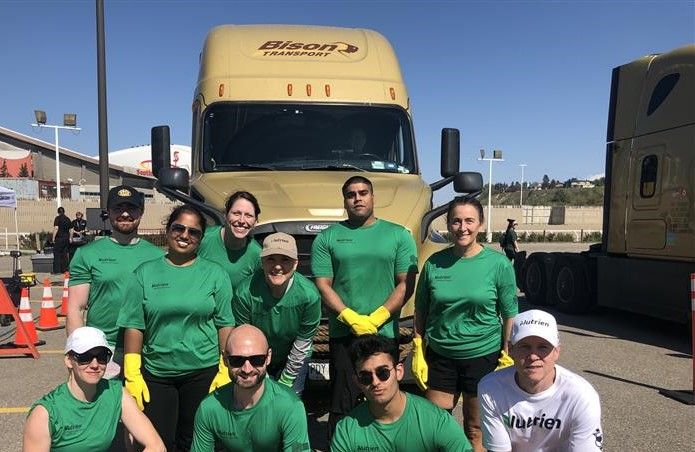
Sudeepta Mohapatra loves the thrill of the chase
In my role I track the global agricultural fundamentals that help in predicting short to long-term trends driving the future direction of the global agriculture industry. I also develop and update various economic models. These models are used to estimate and predict crop input expenditure in our [...]
Read more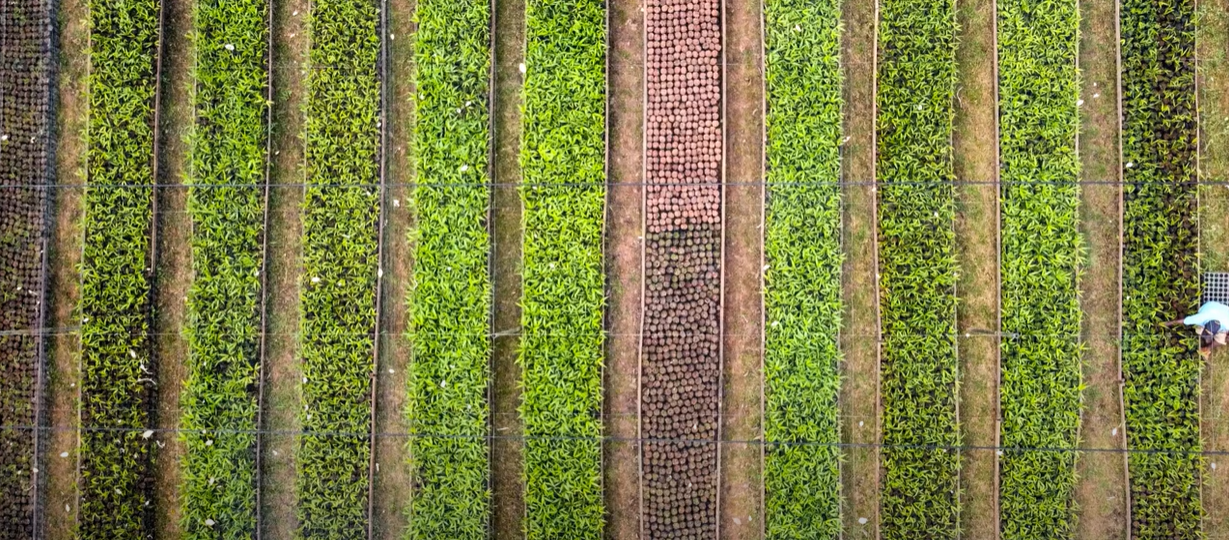
Nutrien Releases 2023 Global Community Impact Report
Nutrien’s Community Relations & Investment (CRI) supports our business purpose by nurturing communities through collaborations with community partners who share our values and help us to make a positive and lasting impact in the communities where we operate. “While we share CRI data and stories [...]
Read more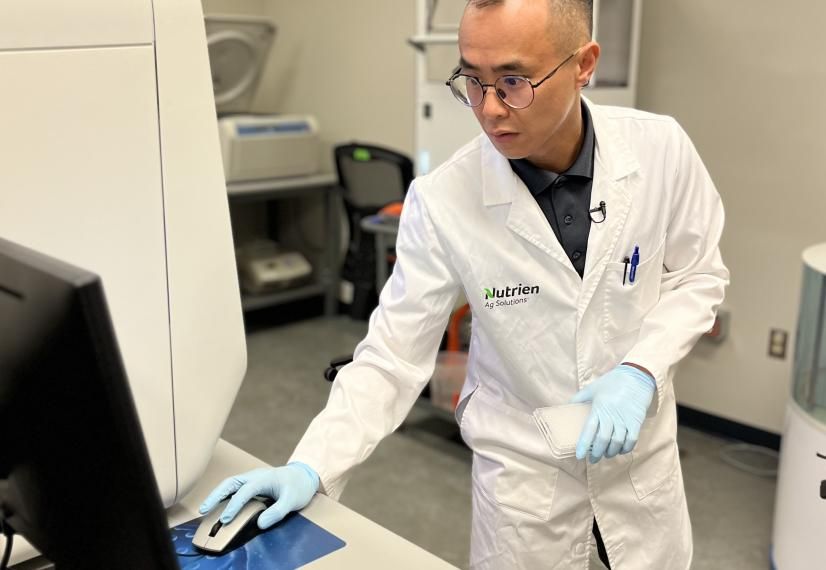
Using DNA analysis to make more resilient crops
Did you know that Nutrien has a Genotyping lab? It’s located in our Canola breeding facility in Saskatoon, Saskatchewan. Employees like Li Tan, Lead, Molecular Biology, work in the lab to analyze DNA for specific genes within plants.
Read more